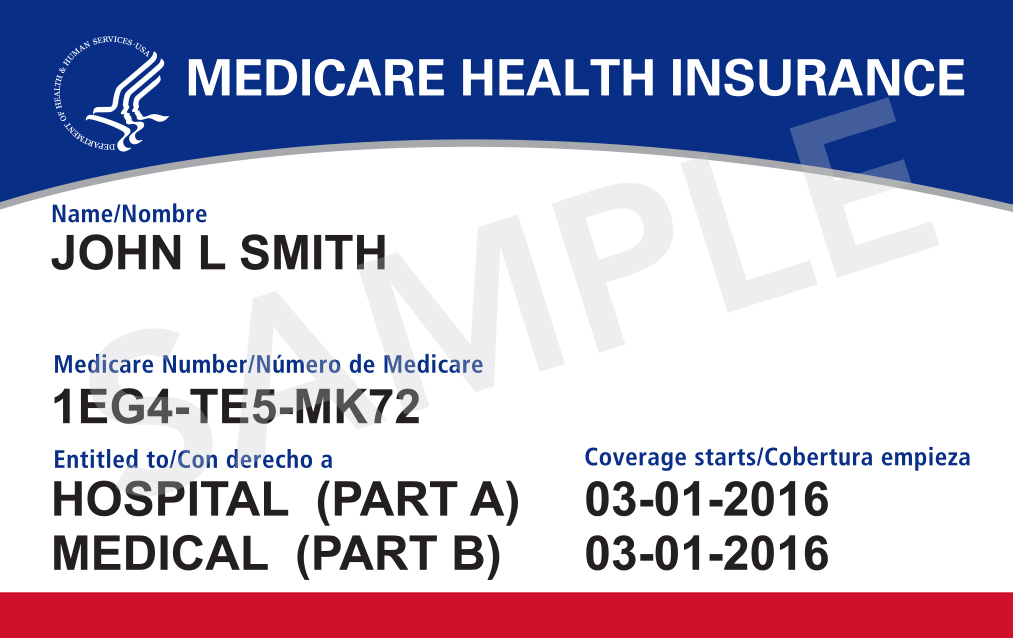by JONATHAN COHN

Hospitals won a big round in the fight over surprise billing legislation. And it’s just a hint of what they can do.
A recent legislative fight in California is a near-perfect illustration of why advocates of ambitious health care reform schemes like “Medicare for All” face such a daunting political task.
The battle was over how to protect patients from surprise medical bills when they unwittingly get care from a doctor or hospital that isn’t part of their insurance networks.
The most common sources of surprise bills include emergency rooms and ambulances, because patients with urgent medical needs frequently don’t have the time or wherewithal to find network providers. When surprise bills come from physicians, it’s frequently an anesthesiologist or radiologist who is on hospital staff but doesn’t have a contract with the patient’s insurer.
The charges frequently go into five figures, causing real hardship and even financial ruin. And there’s no good reason for it. Studies have shown repeatedly that the high prices these out-of-network providers charge are a byproduct of their unusual leverage over patients, not the actual cost of care.
“The evidence strongly suggests that these types of [providers] are already paid far above market rates,” said Loren Adler, associate director of the USC-Brookings Schaeffer Initiative for Health Policy. “I do not think this is a form of leverage they should be able to have.”
For the past year, in response to blockbuster media coverage from Vox, Kaiser Health News and local outlets like the San Francisco Chronicle, both state and federal lawmakers have been trying to pass legislation to curb or end these billing practices. Among the states moving most aggressively has been California, which has strong progressive leanings and a history of using the government to make health care more accessible.
It would be difficult to think of a state better positioned to tackle this problem, just as it would be difficult to think of an industry practice more in need of government intervention. But California’s effort has now stalled, thanks to opposition from the providers of medical care.
And therein lies a cautionary tale that any would-be reformer of health care policy should hear.
What Happened In California
California already has some surprise billing legislation on the books, as well as binding court precedents that regulate certain billing practices. But those laws and decisions leave some big gaps. Some of the rules now in place don’t apply to people who have insurance through large employers. Others don’t apply to some classes of hospital emergency services.
Huffington Post for more